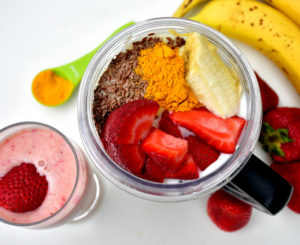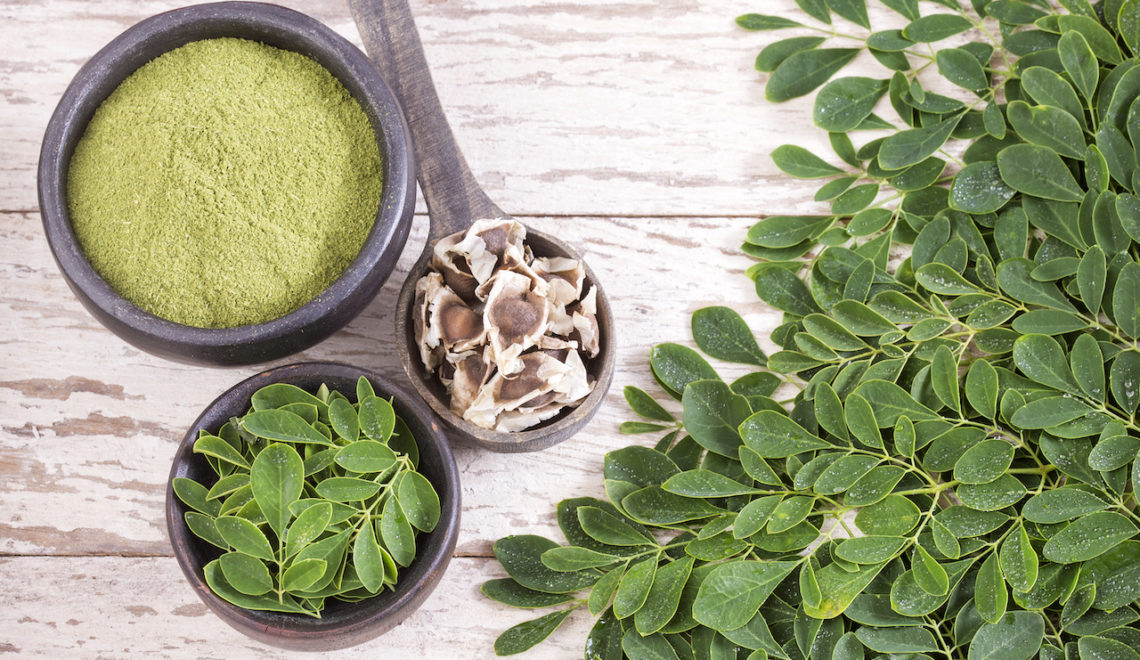There are lots of reasons why inflammation can manifest in the body. Several scholarly journals are dedicated solely to this line of research. At Kuli Kuli, we recognize that science and nutrition are a changing and evolving field, and that moringa is just one piece of the larger health puzzle.
We hope this article provides some insight into what inflammation is, how anti-inflammatory diets can help, and how moringa can play a role in managing it.
How Inflammation Occurs
Our bodies work hard to survive, even when we are not consciously thinking about it. That said, our bodies were designed for a different type of stress, one that comes from very primal triggers: direct threats, predator-prey dynamics, etc.
Our stress response system adapted to respond to immediate situations that threatened survival. Before we were millennial zombies with iPhones, we mainly responded to potential animal attacks and poisonous plants. For millions of years, our bodies adapted to survive that world, not the one we live in today.
When we open our inbox and see 1,000 new emails or when we are stuck in the unforgivable rush hour traffic, our bodies do not recognize the difference of stressors. As a result, our bodies initiate the flight-or-fight response in order to combat the stress. This survival response can be triggered throughout a “normal” workday, and often at a subconscious level.
The flight-or-flight response is a survival tool. When there is a lion in the bushes, our bodies need an appropriate amount of adrenaline, dilated blood vessels, and clear thinking. But when our body is constantly pumping adrenaline, dilating blood vessels, and flooding our brains with neurotransmitters, our system can experience constant stress.
This is where inflammation begins to set in. According to the Journal of Inflammation, five key signs of inflammation are redness, swelling, heat, pain, and loss of function. Not all inflammation is bad. Sometimes inflammation is a part of the body’s healing process.
However, chronic states of inflammation are painful and hard on the body.
Anti-Inflammatory Diets Can Help
Inflammation is more than a sprained ankle or scraped knee. It can happen to any tissue in the body. Through inflammation, our body communicates that something is amiss. And food does play a role in how our bodies respond to inflammation.
According to Harvard Health, the foods we eat can influence the functioning of our bodies. A lot of diet choices link to the overall health of our immune system in particular. Our immune systems activate when our body recognizes anything that is foreign. This can trigger inflammation.
We cover more on the role of food and immunity in our article, The Science Behind Nourishing Immunity. Essentially, the saying “you are what you eat” goes a long way.
Anti-inflammatory foods include tomatoes, olive oil, fatty fish, certain fruits, and green leafy vegetables—like moringa! These foods lower the odds of an inflammation flare in your body, and also help with overall functioning. According to Web MD, anti-inflammatory diets also can reduce the pain of flare-ups when they do occur.
The article by Harvard Health, mentioned above, goes on to suggest following a Mediterranean diet, as several of the staples are the same foods with anti-inflammatory properties.
Moringa as an anti-inflammatory food
Moringa is packed with nutrients and antioxidants, which together can combat harmful free radicals that undoubtedly attack your body on a daily basis. We summarize the Top 10 Reasons to Eat Moringa, if you want more reasons to love this superfood.
One study found that moringa might be helpful in treating acute inflammatory conditions, such as rheumatic pain. Another study found that moringa reduced inflammation markers in mice, and also helped reduce obesity, insulin, and cholesterol. Incoporating moringa in your diet helps combat inflammation, largely due to the presence of its isothiocyanates.
Our organic Kuli Kuli moringa powder makes it easy to add this anti-inflammatory product to your diet. Whether you are using it to treat your sore muscles or to help combat your stressful life, you can do both by adding a scoop to a morning smoothie.
Check out our recipe page for more ideas on how to add moringa to your diet!
Has moringa helped you reduce inflammation? Please share your moringa story in the comments below!
Follow us @kulikulifoods so we can see some of your favorite ways to add this energizing superfood to your daily routine.












I have histamine release/exzema. The itching is awful. I am taking 2 teaspoons of moringa powder daily. I would like to know how much more i could be taking.
Since moringa is a leafy green it is safe to consume in the same quantity and frequency as other leafy greens like spinach and kale. However, we cannot give specific medical advice since we are not medical professionals. Please seek the advice of a doctor for your concern!